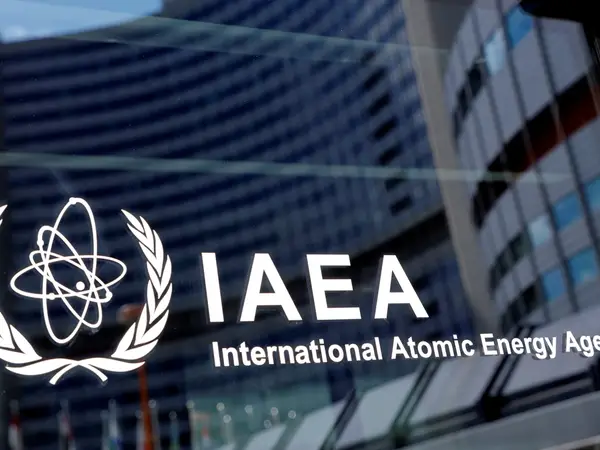A former senior Iranian lawmaker, Heshmatollah Falahatpisheh, says Iran and the United States should negotiate directly and without Russia, China and Europeans.
This comes while Iranian politicians seem divided over how essential the nuclear talks are for Iran. While, Falahatpisheh said in an interview with Khabar Online that it is essential for Iran to stick to the 2015 nuclear agreement, the former spokesperson of the Iranian Foreign Ministry, Ramin Mehmanparast told Didban Iran news website that the clock is ticking in Iran's favor and Tehran will benefit from prolonging the negotiations.
Falahatpisheh, the former chairman of parliament’s national security and foreign policy committee, argued that unlike what Iran's former President Mahmoud Ahmadinejad once said, UN resolutions are not simply “shreds of paper,” and if the IAEA board of governors issues a resolution, it can shift Iran's nuclear case from the UN nuclear watchdog to the Security Council, where member states can return all the previous international sanctions against Iran.
However, Falahatpisheh did not mention that in 2006 when first international sanctions were imposed, the United States, China and Russia spoke in one voice about Iran's nuclear case while in 2022, and in the aftermath of the Russian invasion of Ukraine and sanctions against Russia, Moscow might veto any UNSC resolution against Iran.
Nonetheless, Falahatpisheh who has served as a lawmaker for 12 years and is currently teaching at the University of Tehran is adamant that neither Iran nor the United States see the revival of the JCPOA as their top priority.
He added that if the JCPOA is to be revived, the only players who should remain at the negotiating table are the main beneficiaries, that is Iran and the United States. He repeated his position first expressed in March that Tehran and Washington should marginalize Russia, China and the three European states if they really wish the talks to be fruitful.
The US has always welcomed direct talks, even during former president Donald Trump’s administration that withdrew from the 2015 nuclear deal and imposed sanctions, but Iran’s Supreme Leader Ali Khamenei is ideologically opposed to it.
Falahatpisheh explained that the JCPOA is no longer a priority in Iran as the country has shifted from an economy geared toward development to one of austerity, aimed at providing the bare necessities for the nation.
He argued that Iran has handed over its fate to “Russian and Chinese lobbies” whose first and foremost concerns are the interests of their own countries, and if Tehran moves toward acquiring nuclear weapons Russia and China will certainly act against Iran.
Meanwhile, Former Foreign Ministry Spokesman Ramin Mehmanparast said: “Westerners think that Iran's only weak point is its domestic economy and wish to secure their interests by exerting maximum pressure on Tehran.”
The former diplomat added: "Iran's national interests are tied to the JCPOA and senior officials [Islamic Republic jargon for Supreme Leader Ali Khamenei] have set a red line for Iranian negotiators. We should make sure that we have a powerful presence in the negotiations as Westerners try to create tensions to blackmail Iran and get concessions while conceding little in return."
"On the other hand, the West considers Iran's powerful regional presence and its missile program as Tehran's two points of strength. They wish to weaken us in these two areas, but the Islamic Republic has made it clear that these are not negotiable," said Mehmanparast.
He concluded: "The clock is ticking in our interest and the longer the negotiation process becomes we will have more time to sort out our economic problems."
